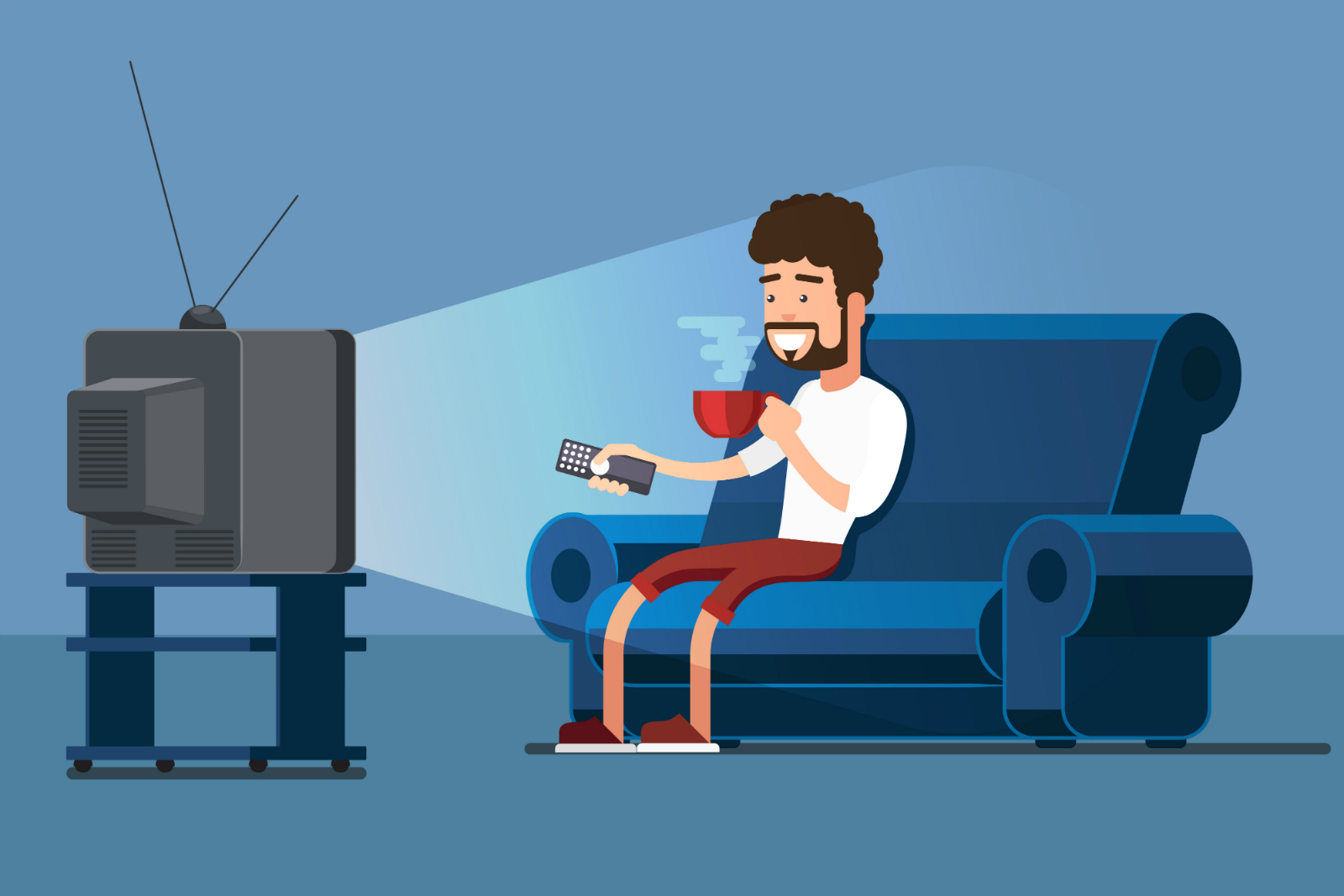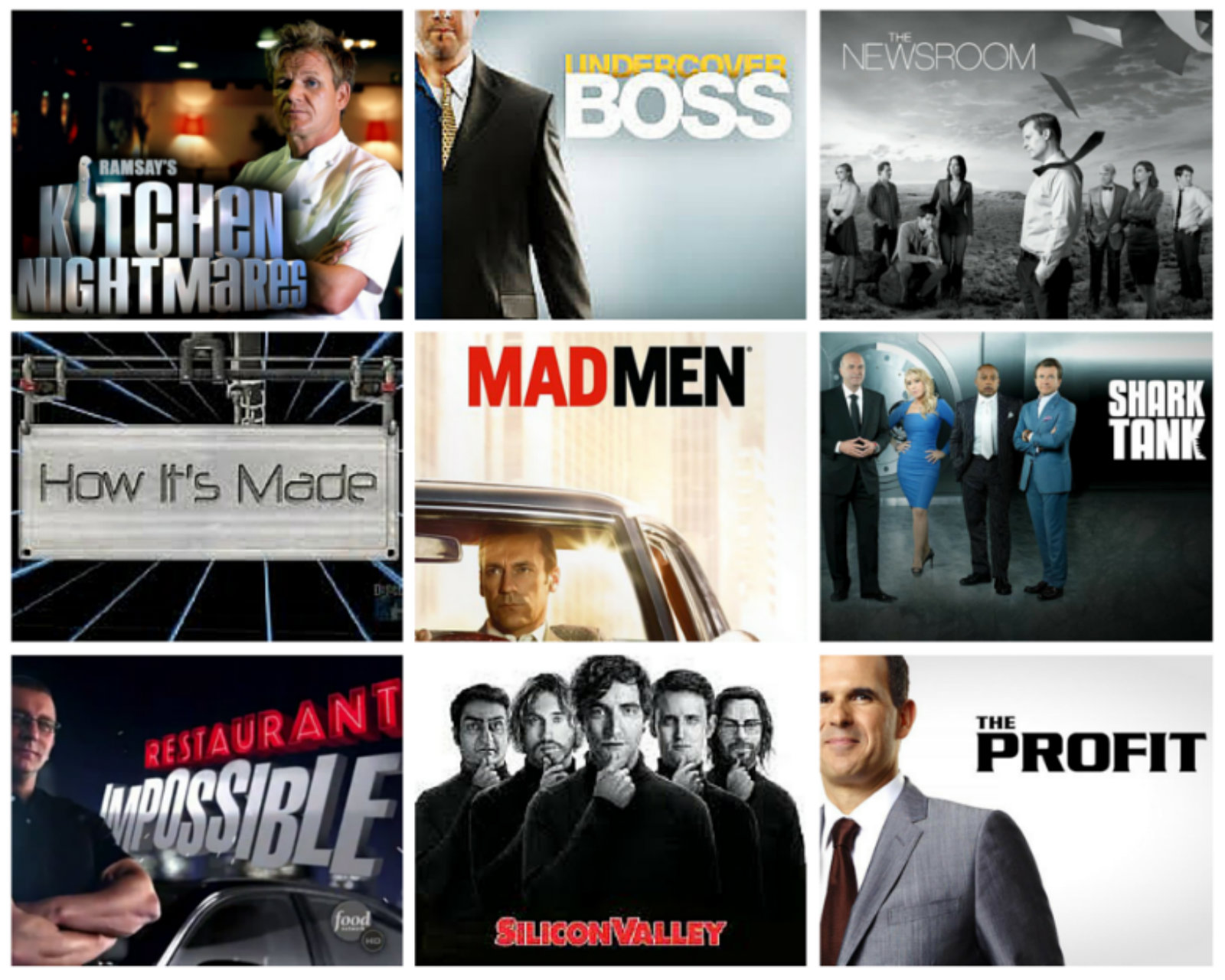Whether it’s online or with an actual TV set, we here at Enterprise are zealous consumers of television — albeit with widely varying tastes, ranging from historical documentaries to sci-fi series to the guilty pleasure known as reality television. Our watchlists include many of the usual suspects, including award-winning series like Game of Thrones and This is Us, but we also bring you a few other suggestions that even the television aficionados among you may not have heard of.
Must-watch documentaries: Far and away, our current top-recommended documentary to watch is Wild Wild Country, a Netflix docuseries that follows the story of Indian guru Bhagwan Shree and the Oregon-based cult he led, which ultimately launched the US’ first-ever bioterrorism attack. The docuseries will enthrall anybody with an inexplicable curiosity in cults. For those of you with a vested interest in psychology, we encourage you to watch Three Identical Strangers, which details the story of identical triplets separated at birth as part of an elaborate (and unethical) adoption study. Once these give you a newfound appreciation for documentaries, we recommend you go further down the documentary rabbit hole with other top picks, courtesy of Wired.
Must-watch comedy shows: Ellen DeGeneres’ Netflix special, Relatable, is a standup comedy show we eagerly waited for last year — and it did not disappoint when it finally premiered in December. We’re also fans of Iliza Shlesinger’s Elder Millennial and Donald Glover’s Weirdo, each of which tackle relatable topics with unparalleled wit and humor.
Must-watch drama series: The Handmaid’s Tale. Based on Margaret Atwood’s 1985 best-selling novel by the same name, the dystopian series hits on powerful themes such as patriarchy, language, and freedom, all couched within a dramatic sequence of events that speak volumes about the nature of the human race.









